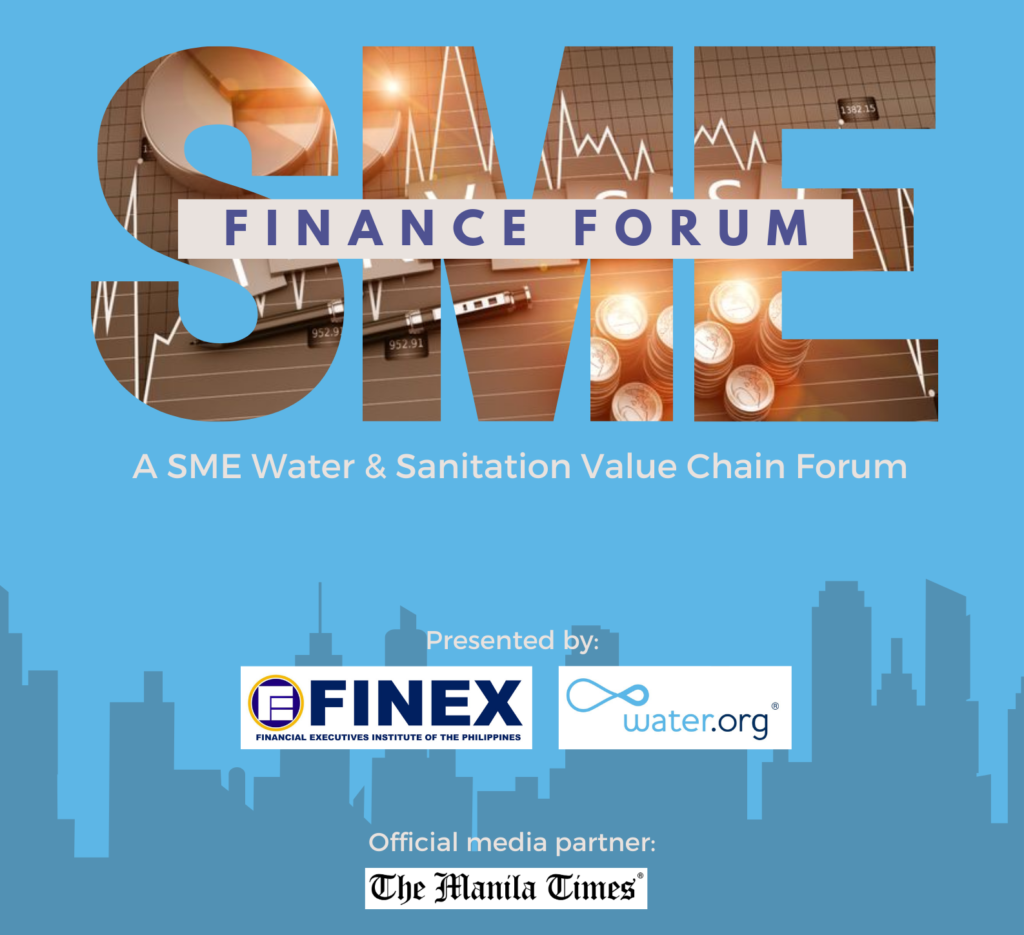Griselda Gay G. Santos l 02 August 2024 l Manila Times

Since 1970, the economic losses from climate disasters have risen steadily over the decades. It was the highest between 2010 and 2019 at about USD1.3 trillion U.S. dollars, an increase of over USD400 billion from the previous decade. In 2023 alone the economic losses due to natural disaster events worldwide amounted to about 380 billion U.S. dollars (Statista, 2024). Globally, the water-related risks are estimated to cause USD5.6 trillion by 2050 (Water Diplomat, October 2022).
As we shift from the dry season to wet season, we are now faced with a separate set of challenges from El Niño to La Niña. Last week, typhoon Carina left the Philippines with loss of lives, 1.3 million people displaced, PHP400 million in agricultural damages and the urgent need for drinking water for those affected. Ranking high in the Philippines natural/climate disaster risk index are mostly water related from tsunami, tropical cyclones, coastal and river flood, and droughts. This is a reality that has unfolded and continues to unfold. A resilient and sustainable path is needed to address the risk and challenges arising from water.
According to UNDP, over four trillion dollars is needed to close the global financing gap to achieve the 2030 Sustainable Development Goals (SDGs). The finance needed is only 1% of the global wealth. On SDG6 alone, there is USD114 billion financing gap. This is 3% of global financing gap for all SDGs. For the Philippines, USD17 billion is needed by 2030. It is hopeful to know that consistently the Government has emphasized the importance of water security. In his recent state of the nation address on July 22, 2024, President Ferdinand R. Marcos Jr., highlighted water security as among the key priorities of the Government. He articulated his plan to complete dams to complement bulk water projects. With the huge financial gap to sustainable access to safe water, reality is, the Government cannot address this challenge alone. Beyond the funding gap, private sector needs to step up with a “Corporate Water Stewardship” mindset.
“Corporate Water Stewardship is using water in a way that is socially equitable, environmentally sustainable and economically beneficial.” (CEO Water Mandate)
As early as 2007, the United Nations (UN) Secretary General and UN Global Compact in partnership with the Pacific Institute established a special initiative known as the CEO Water Mandate that seeks to mobilize business leaders to address the global water challenges through corporate water stewardship in partnership with the UN, governments, civil society and other stakeholders. This is a clear recognition that water security ought to be a shared accountability between the government and private sector. According to UN-Water, 3.6 billion worldwide live in water-stressed areas, if we do business as usual, the world will face a 40 percent shortfall in fresh water supply in ten years. With the estimated USD301 billion of business value at risk due to water scarcity, pollution, and climate change, it cannot be business as usual (2020 Carbon Disclosure Project). To date, there are 376 endorsing companies under the CEO Water Mandate, working together to secure sustainable access to drinking water and sanitation for one hundred million people by 2030.
Collective action is key. For the past two years, the Financial Executives Institute of the Philippines (FINEX), the Manila Times and Water.org have periodically been convening financial leaders, business community and stakeholders to discuss, align and work together towards sustainable access to water and sanitation for all. Coming out of the past two years activities are concrete partnerships between Water.org and organizations like CARD SME, UBX, Rural Bankers Association of the Philippines and Metro Pacific Investments Corporation, committed to take steps in bringing sustainable access to safe water and sanitation.
“If we can marshal the urgency and human ingenuity to solve the global water crisis, we can tackle some of the most entrenched and systemic problems of the world.” – Matt Damon and Gary White, Co-Founders, Water.org
On August 6, 2024, the FINEX, the Manila Times and Water.org are once again convening the movers, shakers, and influencers in Southeast Asia on August 6, 2024, in Makati City to engage in dialogue and walk away with specific next steps to address water security and sanitation. This time, the forum will focus on addressing the challenges of access to finance experienced by SMEs in the supply chain of water and sanitation. Among others, the forum will inform SMEs on how to access alternative finance. It aims to strengthen the partnership between public and private sector in the Philippines, Cambodia and Indonesia and walk away with collective action to address access to finance for the water sector supply chain.
===
Griselda Gay Gloria-Santos is the Regional Director for Southeast Asia at Water.org, a global NGO co-founded by Matt Damon and Gary White. She holds an MBA degree from the Johns Hopkins University in Baltimore, USA. Gay is also the Chairperson of the FINEX Financial Inclusion Committee.
The opinion expressed herein does not necessarily reflect the views of these institutions, Water.org and FINEX.
